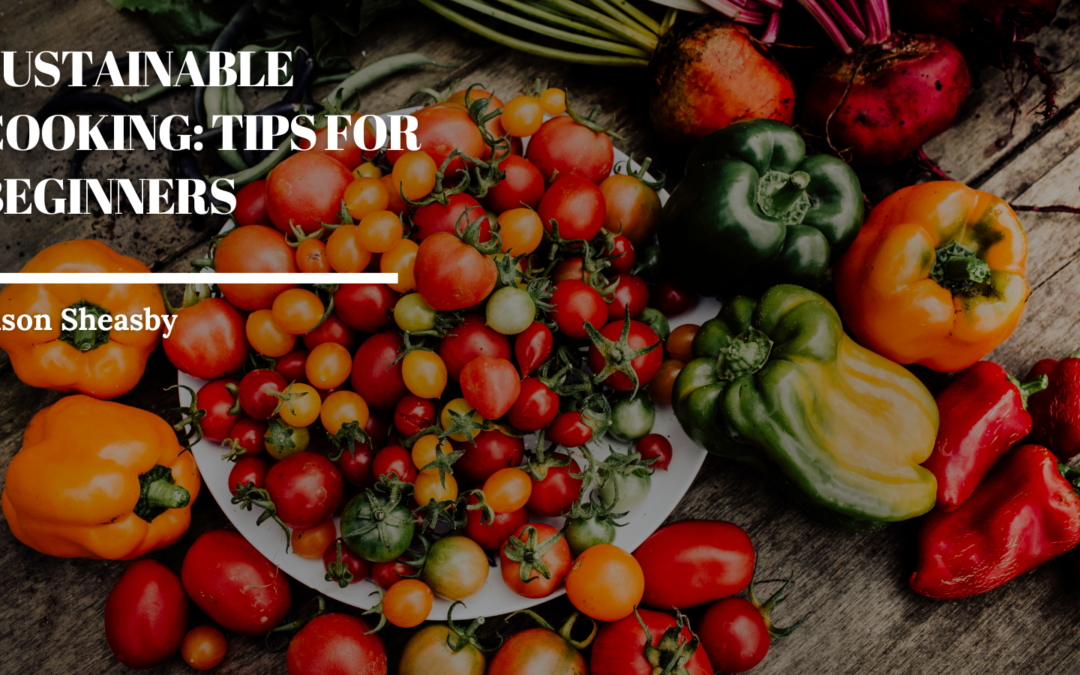As awareness of environmental issues grows, many individuals seek ways to adopt more sustainable practices in various aspects of their lives, including the kitchen. Sustainable cooking is good for the planet and can enhance the overall well-being of individuals and communities. If you’re a beginner looking to minimize your environmental footprint in the kitchen, here are some practical tips to get you started on your sustainable cooking journey:
Embrace Seasonal and Local Produce: Opt for seasonal and locally sourced fruits, vegetables, and other ingredients. Seasonal produce is not only fresher and tastier, but it also requires fewer resources for cultivation and transportation. Support local farmers and markets to reduce your food miles and promote a more sustainable food system.
Reduce Meat Consumption: Consider incorporating more plant-based meals into your diet and reducing your meat consumption. Livestock agriculture has a significant environmental impact, contributing to deforestation and greenhouse gas emissions. Experiment with delicious plant-based recipes to discover a world of sustainable and nutritious alternatives.
Minimize Food Waste: Become mindful of food waste by planning your meals, storing leftovers properly, and using ingredients efficiently. Try to repurpose food scraps for composting or as ingredients in other recipes. By minimizing food waste, you save money and contribute to reducing the environmental burden associated with food disposal.
Invest in Quality Cookware: Consider investing in durable and sustainable cookware. High-quality, long-lasting materials like stainless steel, cast iron, or ceramic offer superior performance and reduce the need for frequent replacements. Quality cookware can be an eco-friendly investment that stands the test of time.
Conserve Energy and Water: Practice energy-efficient cooking by using lids on pots, matching pot sizes to burner sizes, and using energy-efficient appliances. Additionally, conserve water by washing vegetables in a basin, fixing leaks promptly, and using the dishwasher only when fully loaded. These minor adjustments contribute to a more sustainable kitchen routine.
Grow Your Herbs: Consider growing your herbs at home if space allows. A small herb garden provides fresh and flavorful additions to your dishes and reduces the need for packaged herbs with associated transportation and packaging waste.
Choose Eco-Friendly Packaging: Be mindful of the packaging when shopping for ingredients. Opt for products with minimal or eco-friendly packaging, and consider bringing your own reusable bags, containers, and produce bags to reduce single-use plastic waste further.
Support Sustainable Brands: When shopping for pantry staples or specialty items, seek brands prioritizing sustainability. Look for certifications like Fair Trade, Rainforest Alliance, or USDA Organic, which indicate a commitment to ethical and environmentally friendly practices.

